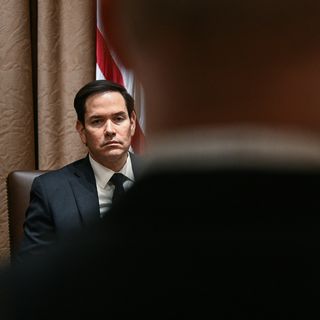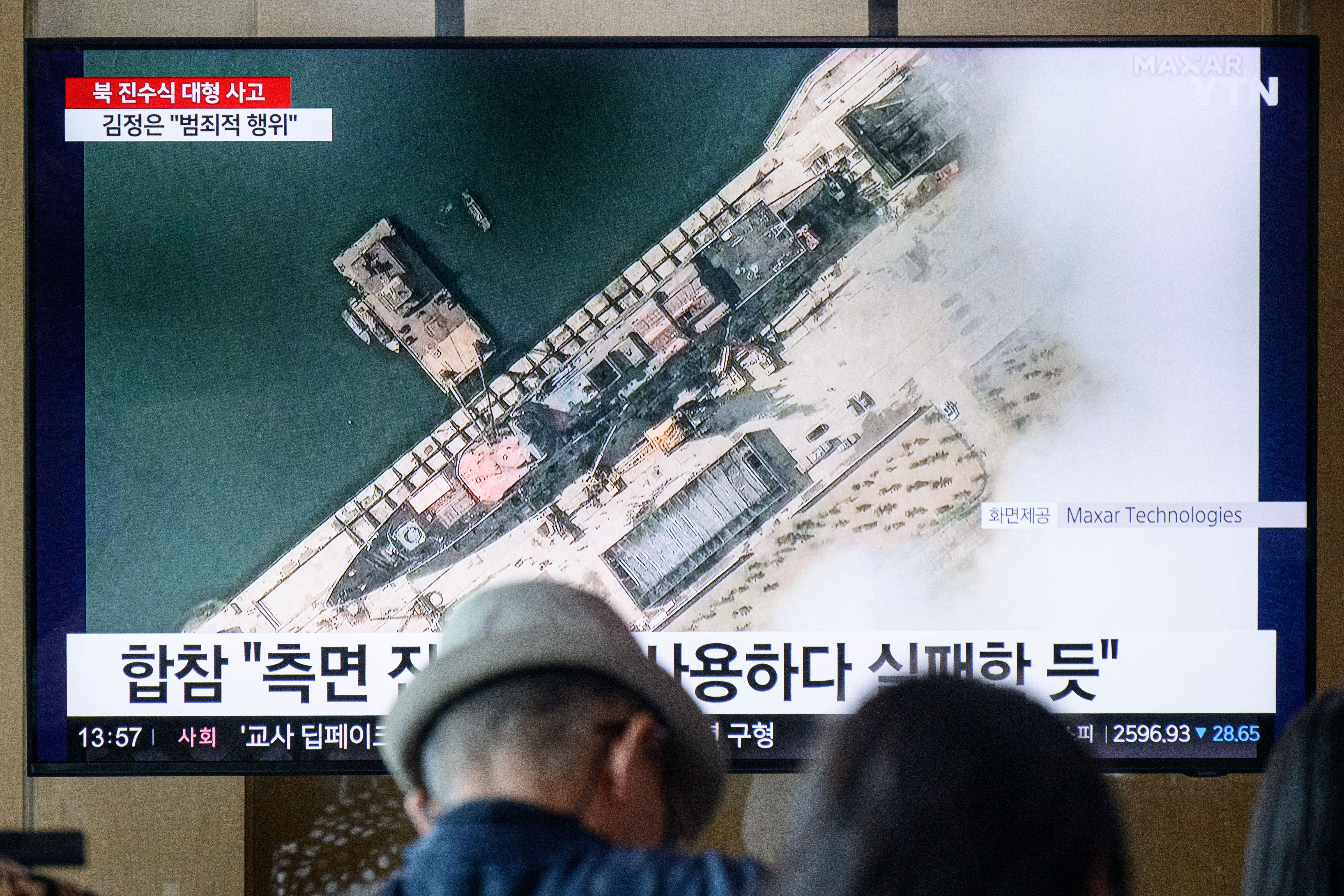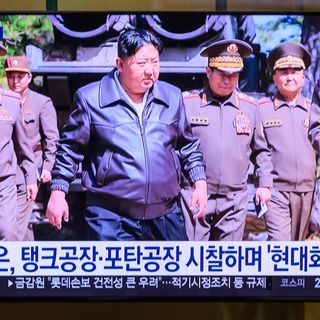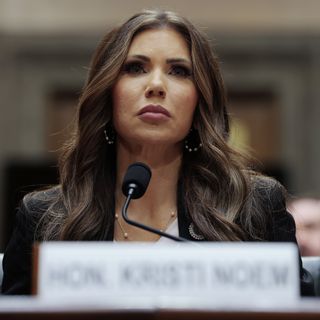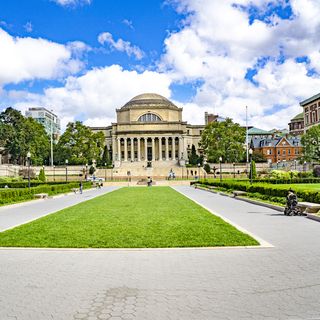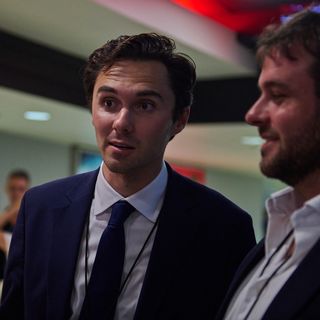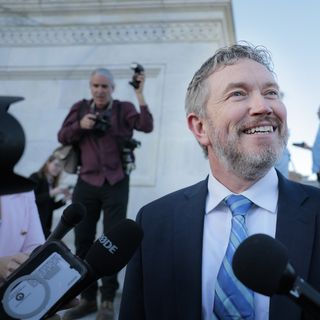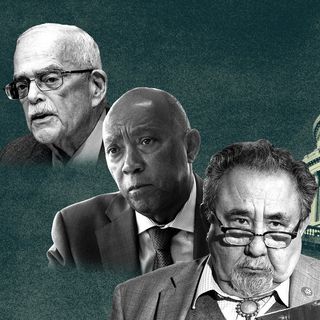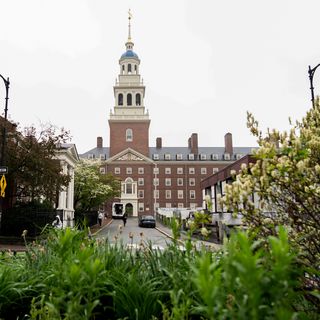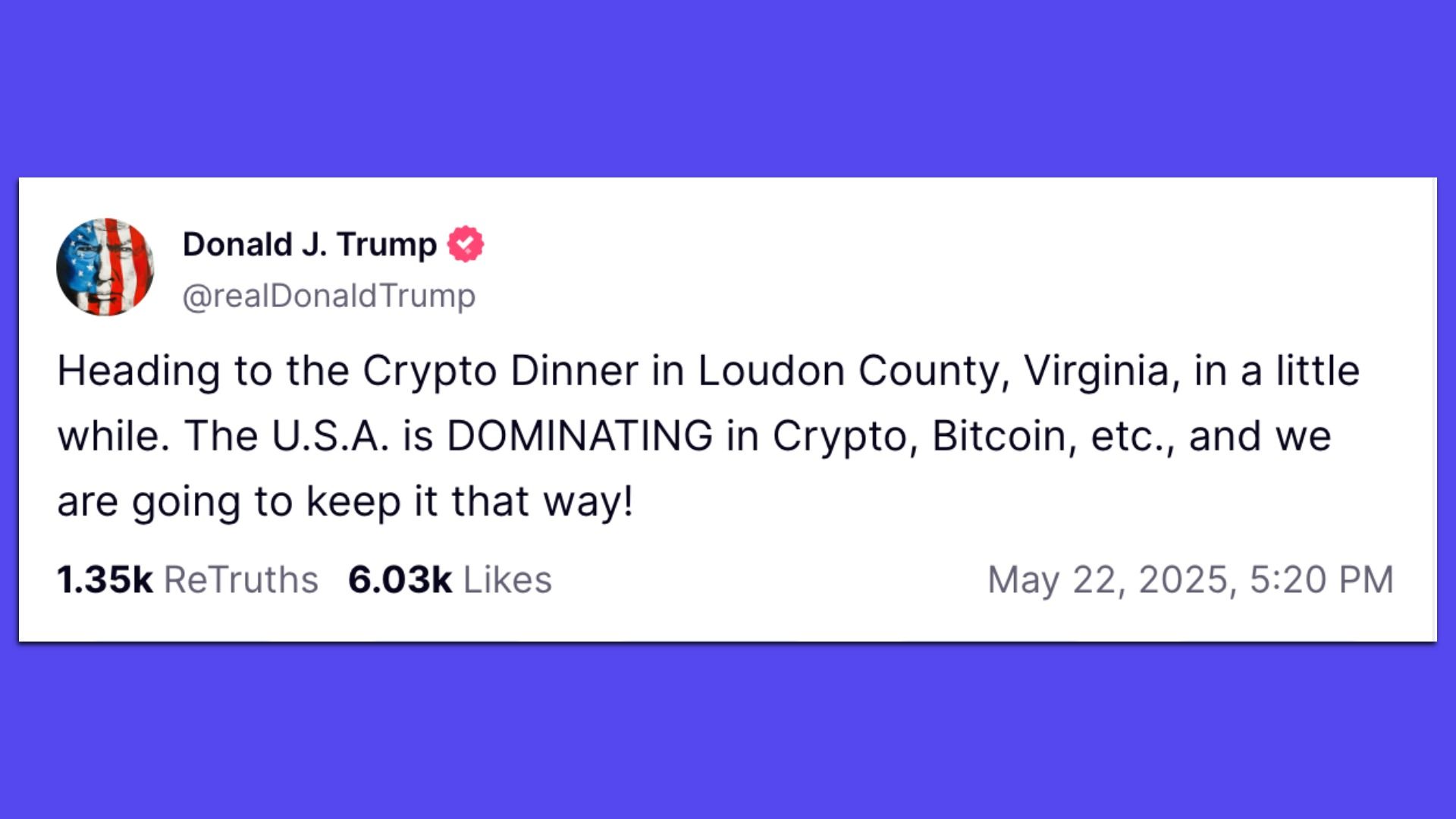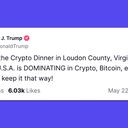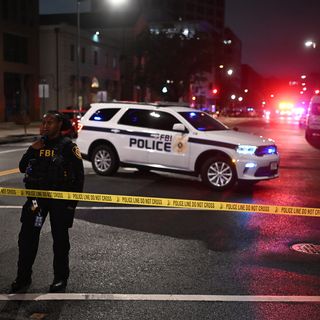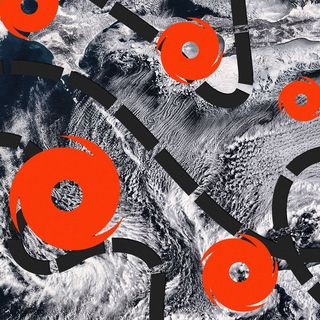Trump trade threats bring volatility back to markets
With a blast of early morning social media posts, President Trump escalated the trade war that the White House had spent weeks reducing to a low boil.
Why it matters: It was a reminder that there will be no trade peace in this administration, only trade war lulls of uncertain duration.
- That reality could keep financial markets on edge.
Driving the news: Trump threatened to impose a minimum 25% tariff on Apple if the tech giant does not shift manufacturing to the U.S.
- "I have long ago informed Tim Cook of Apple that I expect their iPhone's that will be sold in the United States of America will be manufactured and built in the United States, not India, or anyplace else," Trump posted on Truth Social.
- "If that is not the case, a Tariff of at least 25% must be paid by Apple to the U.S.," he added — though it is legally dubious whether the White House could subject a single company to a specific tax.
- Many analysts say that "Made in the USA" iPhones are unrealistic and if somehow it did happen, the product would be notably more expensive.
- Apple's Tim Cook has announced billions in investments for U.S. manufacturing plants, though Trump is still unsatisfied.
About thirty minutes later, Trump said he would recommend a 50% import duty on European goods starting on June 1 — a far higher rate than the 20% "Liberation Day" rate that was later scaled back to 10%.
- "The European Union, which was formed for the primary purpose of taking advantage of the United States on TRADE, has been very difficult to deal with," Trump posted.
- "Our discussions with them are going nowhere!"
The big picture: It is a sharp contrast to the administration's message in recent weeks, with top economic officials suggesting progress on a slew of trade deals ahead of the expiration of the 90-day pause on reciprocal tariffs in early July.
- Commerce Secretary Howard Lutnick told Axios' Mike Allen this week that the administration would notch deals with "most" key trading partners by the summer.
- "I think most countries, we'll have an idea of what we want to do with them," Lutnick said.
- On Fox News this morning, Treasury Secretary Scott Bessent said that "There are 18 important trading partners. With the exception of the EU, most are negotiating in very good faith."
Between the lines: Vice president JD Vance met with the European Union's top official on Sunday and signaled the meeting would help kick trade talks into high gear.
- But Trump has a sore spot for Europe, a gripe that goes back decades. On Friday, he repeated assertions that "Trade Barriers, Vat Taxes, ridiculous Corporate Penalties, Non-Monetary Trade Barriers, Monetary Manipulations" kept the U.S. at a disadvantage.
- Lutnick told Axios that "some countries are impossible" to negotiate with, including the European Union.
- Bessent will often tell reporters that the bloc is the most difficult to negotiate with because "who do you call?," quoting Henry Kissinger.
The intrigue: Stocks fell — including Apple, which fell more than 2% — after Trump's threats. Europe's stock markets also took a hit.
- Yields on U.S. government bonds had been shooting higher on concerns about the tax package making its way through Congress, which would add trillions to the deficit.
- But now that trade is front and center again, the yield on the 30-year Treasury note briefly fell below 5%, before rising back some.
The bottom line: Trade tensions appeared to moving to the back burner.
- Trump reminded financial markets that he could dial up tensions any time he wants.
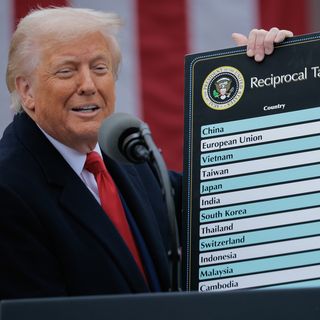

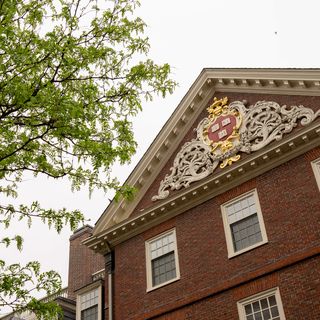

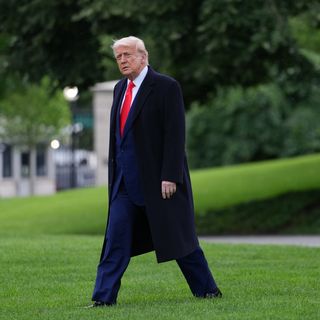

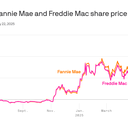

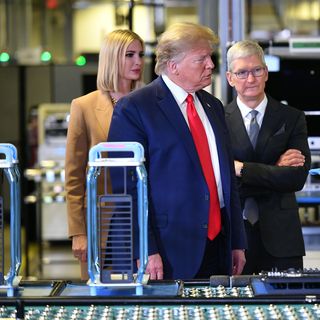




/2025/05/22/1747946866851.gif)
